Description
Familiarity with Treatment
Complete dentures are removable dental prostheses that replace all of the teeth in the upper or lower jaw, or both. They are designed to restore the appearance, function, and oral health of individuals who have lost all of their natural teeth.
Procedure
The procedure for complete dentures typically involves the following steps:
- Evaluation and Impressions: A comprehensive evaluation is conducted to assess the patient’s oral health, remaining teeth, and suitability for complete dentures. Impressions of the gums and any remaining teeth are taken to create custom-made dentures.
- Tooth Extraction (if necessary): If any remaining teeth need to be extracted, they are removed to make way for the dentures.
- Denture Fabrication: Using the impressions as a guide, the dentures are fabricated in a dental laboratory. This involves creating a wax model for the patient to try on and make adjustments for fit and aesthetics.
- Final Denture Placement: Once the dentures are ready, they are placed in the patient’s mouth. The dentist makes any necessary adjustments to ensure proper fit, comfort, and functionality.
Who is it Suitable For?
Complete dentures are suitable for individuals who have lost all of their natural teeth in the upper or lower jaw, or both. They provide a functional and aesthetic solution for individuals who desire to restore their ability to chew, speak, and smile.
Who is it Not Suitable For?
Complete dentures may not be suitable for individuals with certain medical conditions or oral health issues that may affect the fit and retention of the dentures. A comprehensive evaluation by a dental professional is necessary to determine suitability for complete dentures.
Advantages
- Restored Appearance: Complete dentures provide a natural-looking smile, restoring the appearance of the face and supporting facial muscles.
- Improved Chewing and Speaking: While there may be an adjustment period, complete dentures allow individuals to regain the ability to chew food properly and speak clearly.
- Affordability: Complete dentures are generally more affordable compared to other tooth replacement options, such as dental implants.
Complications
- Discomfort and Soreness: It is common to experience some discomfort and soreness during the initial adjustment period with complete dentures. This can be managed with proper care and adjustments by a dental professional.
- Changes in Fit: Over time, the gums and jawbone may change, leading to changes in the fit of the dentures. Regular dental visits are important to assess and address any changes in fit and make necessary adjustments.
Preoperative Care
Preoperative care for complete dentures involves a comprehensive evaluation by a dental professional to assess the patient’s oral health, remaining teeth, and suitability for the procedure. Impressions of the gums and any remaining teeth are taken to create custom-made dentures.
Postoperative Care
Following the placement of complete dentures, individuals should adhere to postoperative instructions provided by their dental professional. This may include guidelines for oral hygiene, dietary restrictions, and follow-up appointments to monitor the fit and function of the dentures.
Complete dentures provide a functional and aesthetic solution for individuals who have lost all of their natural teeth.
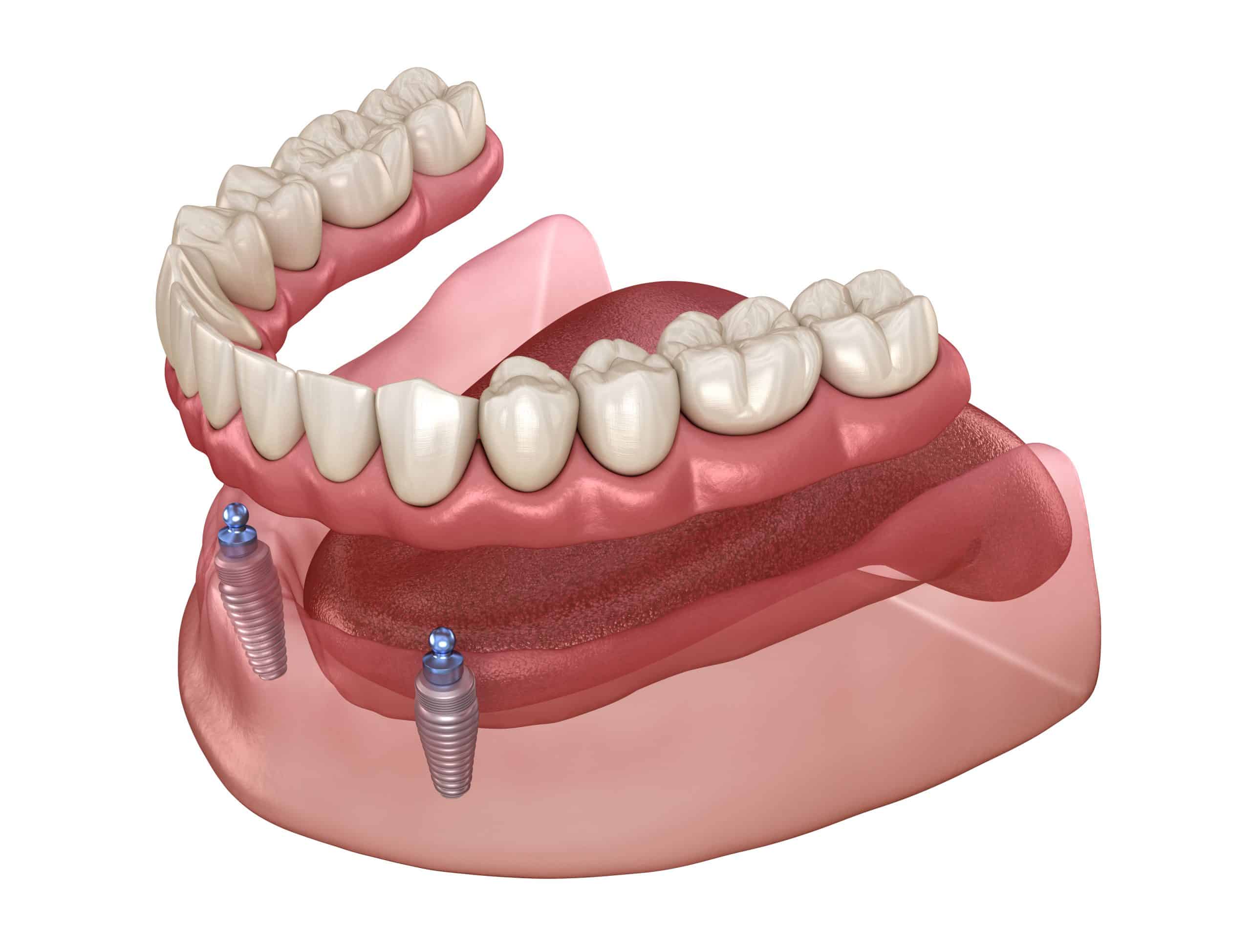



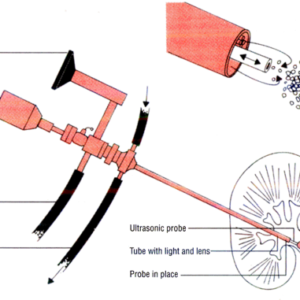
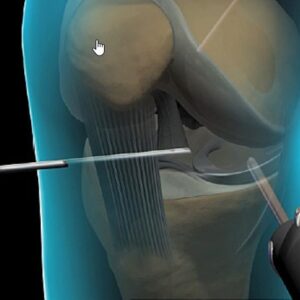
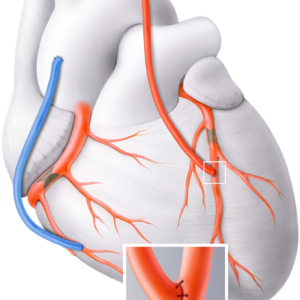
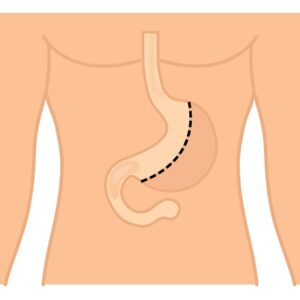
Reviews
There are no reviews yet.